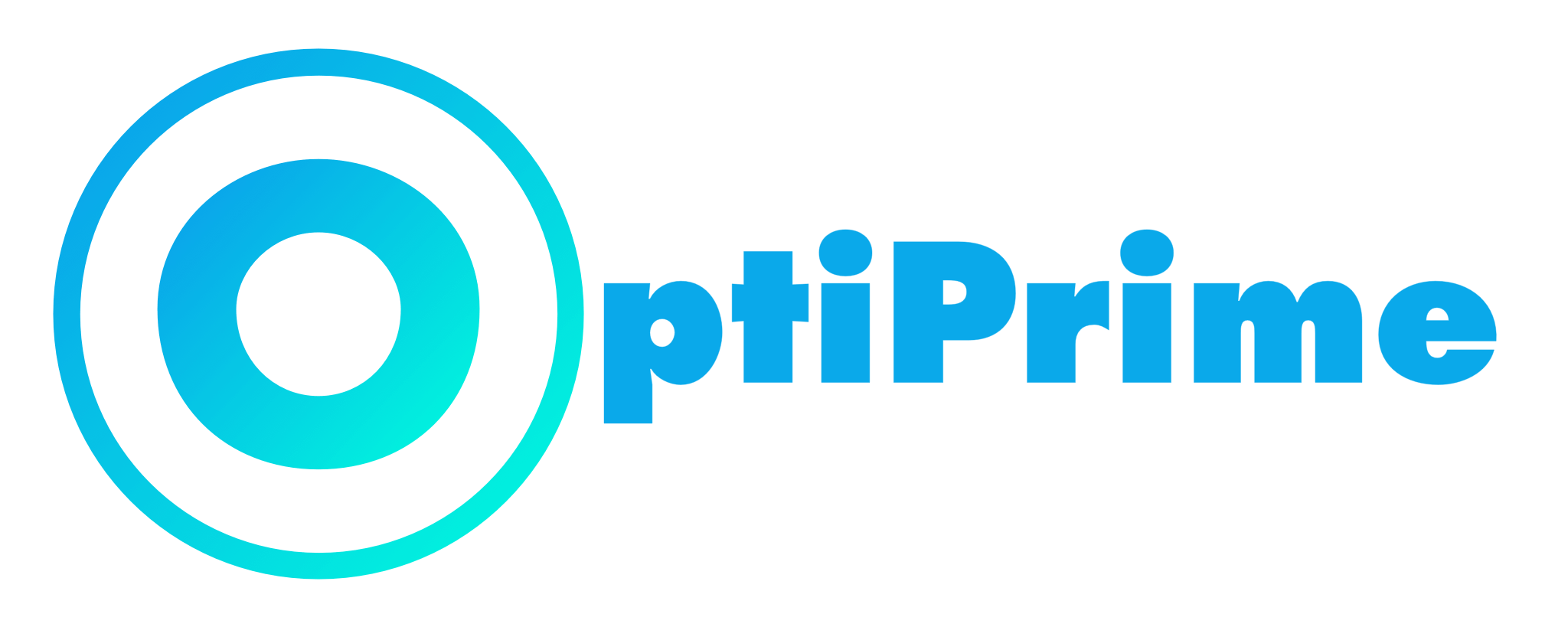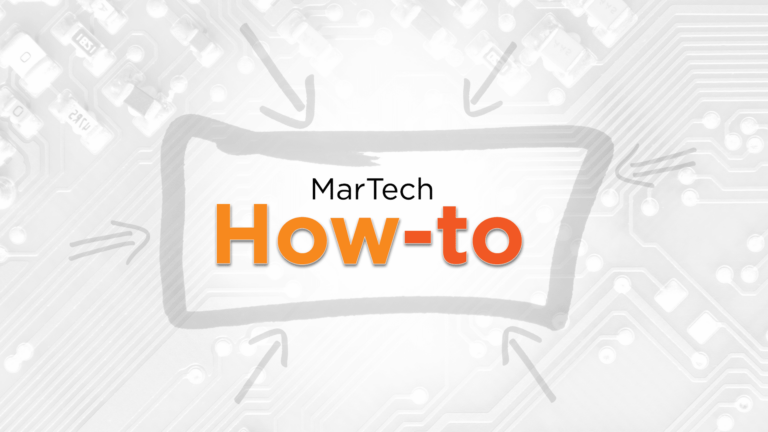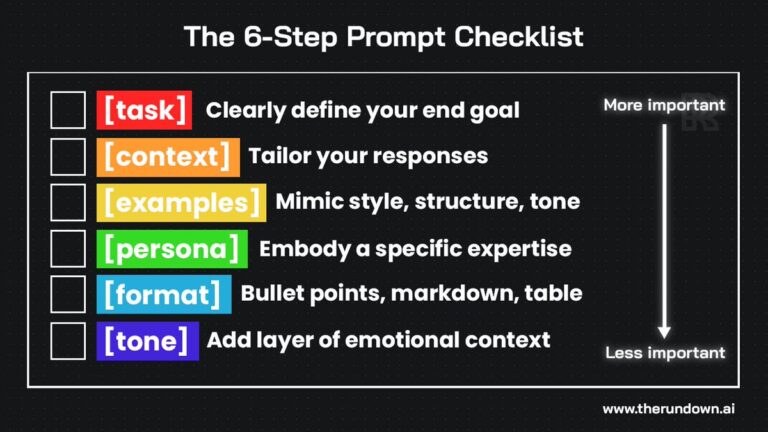5 Strategies for Integrating Artificial Intelligence into College and University Classrooms by 2024
By 2024, the integration of artificial intelligence (AI) into educational environments will have profound effects on teaching methodologies and student learning experiences. Concerns have been raised by educators and academic institutions about the potential for AI tools like ChatGPT to facilitate academic dishonesty and undermine the learning process.
However, numerous instances demonstrate the positive impact AI can have when appropriately incorporated into higher education. When educators effectively incorporate AI into their teaching strategies, it can greatly enhance the learning experience, fostering deeper engagement and accelerating the pace at which students acquire new knowledge.
Moreover, the conversation shouldn’t be limited to ChatGPT alone. The educational sector can leverage a multitude of AI tools, continuously evolving and improving, to enrich classroom learning.
This discussion will unfold five strategic approaches through which educators can harness the potential of AI in higher education to bolster learning outcomes and better prepare students for their future careers.
- Employing AI in the job search process
- Catalyzing creativity and innovation through AI
- Adopting AI as a collaborative learning tool
- Maximizing the benefits of ChatGPT and similar technologies
- Leveraging AI for greater accessibility and inclusivity
“AI presents opportunities not just for universal access to education but for the creation of novel instructional methods. However, it’s equally capable of reinforcing outdated teaching practices. Hence, the focus should be on inventing new pedagogies with AI.”
Daniel Schwartz, Dean of the Stanford University Graduate School of Education
1. Employing AI in the Job Search Process
AI can significantly streamline the job search process, assisting students with tasks ranging from crafting resumes and cover letters to email automation. Statistics from ResumeBuilder suggest that 75% of job seekers who employed ChatGPT for resume writing secured job interviews.
Educators have a pivotal role in guiding students on how to leverage AI effectively for job hunting, ensuring they stand out in a competitive market. As per Morgan Cummins, a Partner at Talent Hub, being proficient in using AI for career advancement positions individuals ahead in their professional journey.
- Resume builders – Utilize AI-powered resume builders like Rezi, Resume.io, Teal, and Kickresume to streamline the resume creation process. Tools like JobScan can also optimize resumes to match specific job descriptions.
- Job-matching tools – Implement AI-driven platforms like Talentprise and Kickresume (Pyjama Jobs) to align students’ skills with suitable job openings.
- Cover letter assistance – Employ AI tools such as CoverDoc.ai, Cover Letter Copilot, and JobScan to perfect cover letters tailored to specific job applications.
- AI job seeker coaching – Introduce students to AI-driven job coaches like LinkedIn’s AI job seeker coach, which can offer personalized job recommendations and advice on profile improvement.
- Interview practice – Recommend AI-based platforms like InterviewAI, Interview Warmup, and Huru to help students hone their interview skills.
The University of Southern California has embraced VMock, an AI tool that critiques resumes and offers actionable feedback, underscoring the tool’s value in job preparation.
2. Catalyzing Creativity and Innovation through AI
AI is integral to the digital landscape, revolutionizing industries with new ways to engage and influence audiences. It’s critical for educators to familiarize students with AI and its applications within virtual environments to unlock creative and innovative potentials.
Houman Harouni of the Harvard Graduate School of Education highlights the use of ChatGPT for fostering critical thinking and creativity among students through structured debates and problem-solving tasks.
Such exercises not only stimulate creative thought but also challenge students to adopt fresh perspectives, necessitating a rethink of traditional teaching methods in the age of readily available AI solutions.
3. Adopting AI as a Collaborative Learning Tool
There are numerous ways AI can facilitate a more personalized and engaging learning experience in higher education settings.
- Personalized learning journeys – AI can adaptively tailor learning experiences based on individual student performance, enhancing engagement and learning outcomes.
- Stimulating discussions and idea generation – Tools like ChatGPT can introduce new topics for discussion, encouraging creative thinking and dialogue among students.
- Immediate feedback provision – AI can offer instant critique and answers, aiding in the learning process.
- Automating routine tasks – AI can handle mundane tasks like grading or quiz creation, freeing educators to focus on more impactful teaching activities.
- Monitoring engagement and performance – AI-driven analytics can help educators identify learners needing extra support or topics that require more emphasis.
AI technologies like Querium’s AI tutor, Ahura, and Knewton offer personalized tutoring and analytics to support diverse learning needs.
“83% of educators see the inclusion of AI courses as a boost to competitiveness, while 75% believe it enhances student job readiness.”
DMI Survey
4. Maximizing the Benefits of ChatGPT and Similar Technologies
For students to thrive in an AI-driven workplace, understanding and experience with practical AI tools are key. ChatGPT stands among the most user-friendly and versatile AI tools, essential for educational purposes.
Students can use ChatGPT for various tasks from brainstorming essay topics to refining project submissions. Other AI tools are also invaluable for digital marketing tasks like audience segmentation and SEO analysis.
Educators can likewise benefit from AI tools, utilizing them for lesson planning, generating quizzes, and filling knowledge gaps, demonstrating the wide-ranging utility of AI in the classroom.
5. Leveraging AI for Greater Accessibility and Inclusivity
AI technologies are pivotal in making education more accessible and inclusive. With 90% of educational professionals affirming AI’s role in enhancing educational accessibility, it’s evident the impact AI can have in creating a more inclusive learning environment.
For instance, AI-driven solutions like braille tutor apps and voice recognition technologies can significantly lower barriers to education for students with disabilities, ensuring a more egalitarian and collaborative learning space.
Conclusion: The Role of AI in Education
While AI presents numerous opportunities for enriching the educational experience, it also comes with challenges. Educators recognize AI’s utility yet caution against becoming overly dependent on it. Concerns about privacy and ethical implications remain. However, if used judiciously, AI can enhance pedagogy, stimulate creativity, and foster meaningful discourse, complementing rather than replacing the invaluable human element in education.
Experimenting with AI tools can elucidate their potential impact on teaching and learning, encouraging educators to integrate AI thoughtfully into their curriculum.
Fostering Competitiveness with AI in 2024
To distinguish themselves in the job market, today’s students require practical digital marketing skills grounded in real-world applications. Our partnership with leading academic institutions around the globe offers digital marketing certifications sought by employers. Discover more about our accreditation partnerships and elevate your institution’s competitive edge.
Related
OptiPrime – Global leading total performance marketing “mate” to drive businesses growth effectively. Elevate your business with our tailored digital marketing services. We blend innovative strategies and cutting-edge technology to target your audience effectively and drive impactful results. Our data-driven approach optimizes campaigns for maximum ROI.
Spanning across continents, OptiPrime’s footprint extends from the historic streets of Quebec, Canada to the dynamic heartbeat of Melbourne, Australia; from the innovative spirit of Aarhus, Denmark to the pulsating energy of Ho Chi Minh City, Vietnam. Whether boosting brand awareness or increasing sales, we’re here to guide your digital success. Begin your journey to new heights with us!







